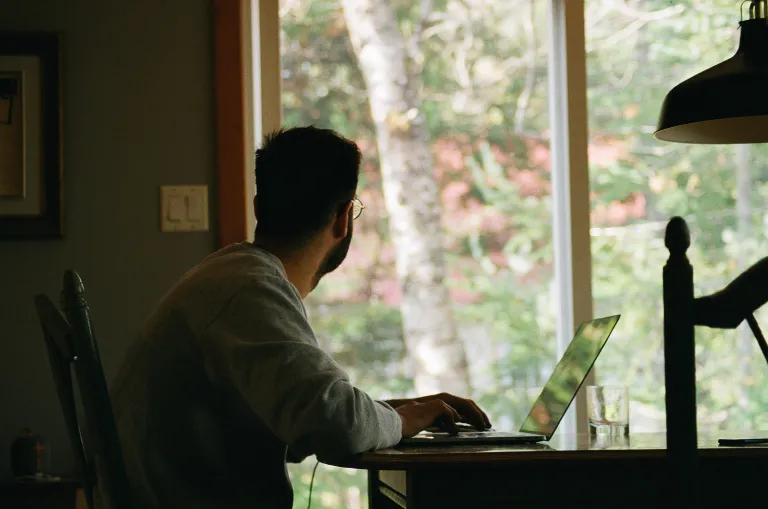
It’s easy to act as if teenage heartbreak isn’t all that serious. But if you’re going through it, it doesn't feel trivial. Teenage emotions can be quite intense, and most of them don't have a huge amount of experience dealing with this sort of thing, so going through a breakup can be quite difficult or even scary.
Signs to look out for
Of course, as any parent knows, there’s every chance the last person their teen is going want to talk to about their breakup is their parents.
That’s why you might need to watch out for a few telltale signs. Any of the following could suggest they’re struggling to deal with something:
- Spending more time alone or in their room
- Being less talkative than usual
- A loss of appetite
- A change of behaviour at school
- Getting angry towards you or their siblings
- A drop in grades
How can I help?
Ultimately, your teen is only going to accept your help if they want to. This depends on your relationship with your teen and generally varies from person to person anyway. However, you might find some of the following useful to think about:
- Keep communication links open. Even if your teen isn’t ready to accept your help, it’s important they know it’s there. Without badgering, remind them that they can talk any time they’re up to it.
- Keep things relaxed. Teenagers (much like adults) don’t tend to react that well to the ‘let’s sit down and talk’ treatment. You might find things go a bit smoother if you bring up the topic when you’re doing something else, like driving in the car or watching TV. This can help them feel less self-conscious and the conversation seem less intense.
- Be prepared for surprises. If they’re feeling a bit up and down, your teen might decide they’re ready to disclose quite suddenly. Be prepared to pause your favourite telly programme or put dinner on hold if you have to!
- Let them know you understand. If your teen does decide to talk, don’t interrupt them or judge them. Just help them think it all through. It can be useful to reflect back what they’re saying (‘It sounds like you’re really surprised things ended the way they did’, ‘I can tell you’re really missing them’), so they know you’re listening and taking them serious.
- Don’t dismiss what they’re going through. It can be tempting to try to ‘fix’ the problem by offering practical solutions or just say something along the lines of ‘oh, you’ll forget about them in a few months’ time’, but neither is usually a good idea. Your teen will likely feel patronised and like you don't understand. This won’t feel like ‘no big deal’ to them – so try to treat what they’re going through with respect.
- Be clear it’s about them. They may have been aware you didn’t like or approve of the person who caused their heartbreak and so worry that you may be glad the relationship is over. It is important to tell them that you're just concerned about them and how they're feeling.
- Be positive. You might like to help them see the bigger picture by encouraging them to think about the good things in their life and what they enjoy doing. They might have a great group of friends or stuff they enjoy doing in or out of school.
- Check in. Again, without pestering them, let them know you’re still there if they need to talk again. As most of us know, break ups can take a while to get over and sometimes progress is uneven to say the least, so they may need you to pick them back up a few more times before they’re properly on their feet!
How we can help
If you’re looking for support with your relationships, we can help. We offer a range of ways to speak with a trained relationship expert including ongoing counselling, 30 minute web and phone chats, and one session therapy.
Find out which service is right for you
How you can help
Have you found this advice helpful? Make a donation to help us reach more people and continue supporting the nation’s relationships:
Can't afford to donate? We understand. Instead, we ask that you leave us a 5 star review on Trustpilot.



